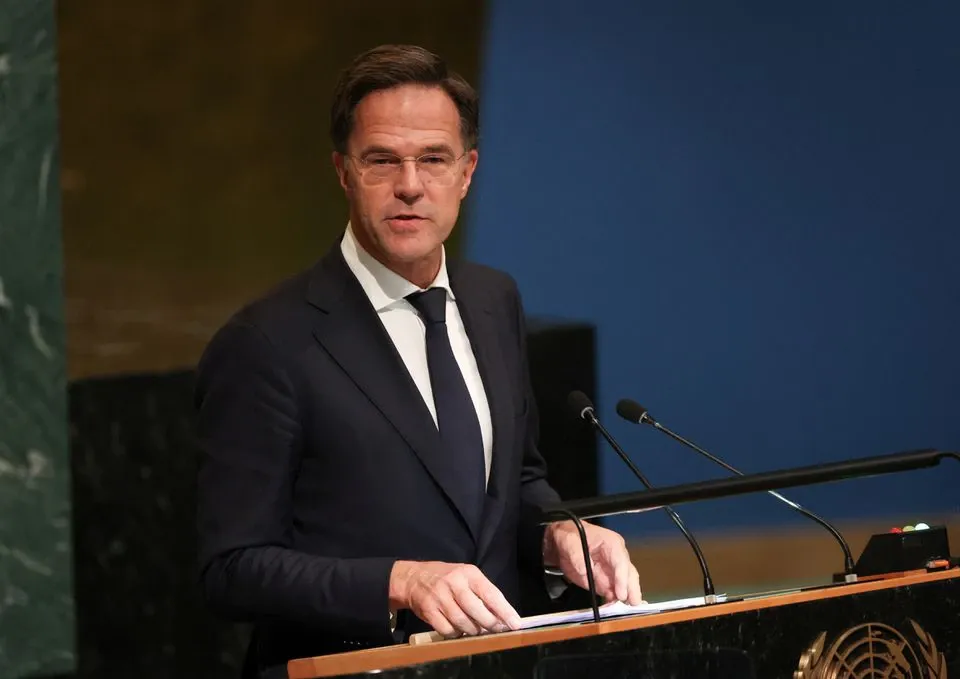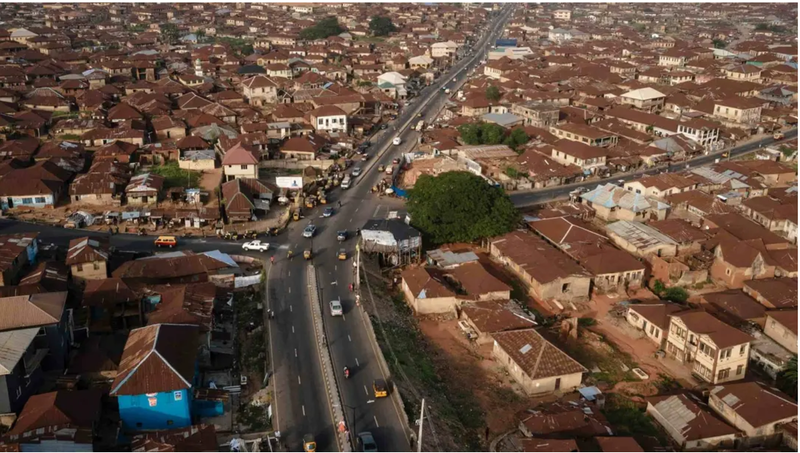Netherlands Apologizes for Colonial Slavery
On Monday, the Netherlands formally apologized for its history of colonial slavery. Prime Minister Mark Rutte stated, "For centuries, the Dutch state and its representatives have enabled and stimulated slavery and have profited from it."

Facts
- On Monday, the Netherlands formally apologized for its history of colonial slavery. Prime Minister Mark Rutte stated, "For centuries, the Dutch state and its representatives have enabled and stimulated slavery and have profited from it."
- The move faces criticism from Suriname and activists who assert that they haven't been consulted and would prefer compensation. In 2013, Caricom, the Caribbean trade bloc, requested that European governments provide an apology and reparations for the descendants of slaves who wish to return to their homeland; no such program has been established.
- Suriname is a country where 22% of its 630K inhabitants identify as "Maroon" — a term used to describe descendants of slaves who escaped and established their own community. Suriname residents say they still feel the effects of the slave period.
- Throughout the trans-Atlantic slave trade, the Dutch trafficked nearly 5% of the total slaves taken from Africa. Dutch ships transported enslaved people to Dutch Caribbean, Indian Ocean, and other European colonies across the Caribbean and the Americas.
- In addition to issuing an apology, the Dutch government intends to put €200M ($212M) into a fund aimed at education and awareness about the country's role in the slave trade. An additional €27M ($29M) will be used to establish a museum dedicated to slavery.
Sources: Al Jazeera, PBS NewsHour, DW, and Reuters.
Narratives
- Pro-establishment narrative, as provided by U.S. News. This is an important step towards combating division and polarization. By finally openly facing and addressing its troubling and disgraceful history, the Netherlands can begin to heal wounds and improve relationships for the future.
- Establishment-critical narrative, as provided by Human Rights Watch. This is only the first baby step on a long road to healing. The Netherlands needs to follow up on this apology with meaningful action, and a cohesive and funded action plan to continue repairing this historical tragedy and its long-standing cascading effects still taking place today.
- Narrative C, as provided by The Conversation. While colonial slavery is an undeniably dark stain on the Netherlands' history, today’s generation cannot be held accountable for the sins of their predecessors. A state apology, however contritely made, is an empty gesture that simply gives the microphone yet again to Western politicians, and opens the door for unfair calls for reparations. Instead, more must be done to listen to and offer a platform for those historically repressed to have their voices heard in order to move forward.






